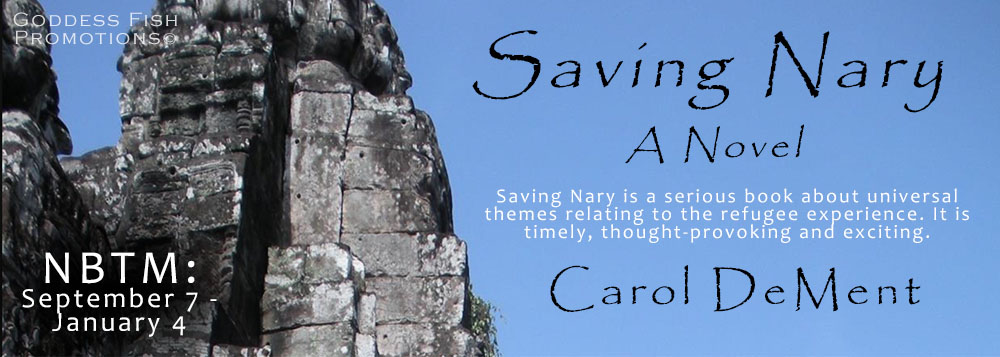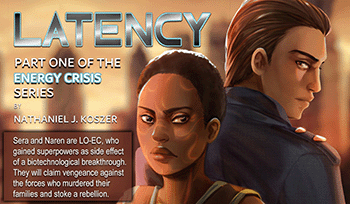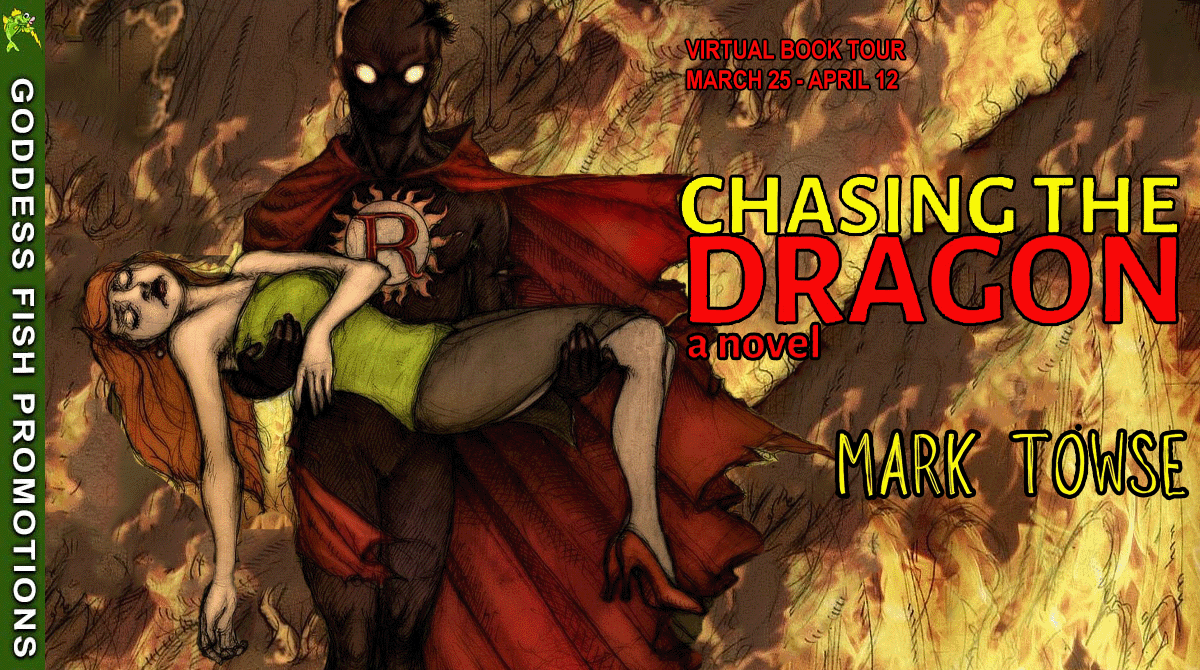
This post is part of a virtual book tour organized by Goddess Fish Promotions. Carol DeMent will be awarding $10 Amazon/BN GC to a randomly drawn winner via rafflecopter during the tour. Click on the tour banner to see the other stops on the tour.
As writers, we search for that one compelling theme that will carry our story from start to finish. And when the story is set within the confines of an historical event, the search for that one story becomes difficult. Our research reveals countless stories of hope, despair, greed, and love, all crying out to be told. Once we select “the one,” those other stories can add dimension and texture to our plot.
In Saving Nary, the central theme centers on a father’s search for his missing daughters. In this case, the father, Khath, is a Cambodian refugee, a survivor of the Khmer Rouge. His daughters were taken from him and forced to labor in a Khmer Rouge youth camp and it has been four years since he saw them. Are they alive? Are they whole? Broken in mind and spirit by their ordeal, or miraculously unscathed? Khath’s search takes him from the refugee camps in Thailand to resettlement in the US, a process rife with its own challenges and setbacks.
Now that we have our protagonist and the elements of his struggle, we must decide the voices we will use to tell Khath’s story. Certainly, Khath can speak for himself, and often does. But is he always the best narrative voice? Sometimes, Khath’s actions are best seen from the outside, from someone who is puzzled by what he does and misinterprets it, or by someone who wishes him ill. At other times, we must set Khath’s struggle aside momentarily and peer into the life and motives of surrounding characters in order to see the big picture and fully understand the opposing forces that serve to build tension and intensify the drama of Khath’s situation. After all, life is not lived in a vacuum.
As a reader, be aware that writers will often choose to narrate a scene using the voice of the character with the most at stake in that particular situation. What does it mean, to use a character’s voice? Let’s suppose we have a scene in which someone intentionally and seriously injures another character. Told through the attacker’s voice, this scene will allow the reader to feel the hatred, or the love, or the avarice that caused the attacker to strike. We will learn how the attacker felt upon successfully overcoming the target. Was it triumph? Fear of being caught? Weariness or relief? Told through the injured character’s voice, we may feel the gritty pavement rending our clothing, we might smell the rank sweat of fear, or taste the coppery flavor of blood. We may struggle to breathe or writhe in pain; we may feel our life force ebb. Who has the most at stake in this scene? It depends on the story. Nothing is absolute in the writer’s world!
I hope you’ve enjoyed this short post with its quick peek into just one small aspect of creating a novel. Thank you to Long and Short Reviews for the opportunity to share some thoughts on story development and narrative voice.
A Finalist in the 2017 Next Generation Indie Book Awards, Saving Nary explores the losses, loyalties and secrets held within families broken by war and genocide. This compelling novel presents a palette of unique characters who struggle to make sense of the events that led them to America, even as they ponder the bewildering culture and lifestyle of their new homeland.
Refugee Khath Sophal lost everything when the Khmer Rouge swept into power in Cambodia: his livelihood gone, his family dead or missing; his sanity barely intact from the brutality he has been forced to witness.
Now resettled in the Pacific Northwest, Khath treads a narrow path between the horrors of his past and the uncertainties of the present. His nights are filled with twisted dreams of torture and death. By day he must guard constantly against the flashbacks triggered by the simple acts of daily living, made strange in a culture he does not understand.
Then Khath meets Nary, a mysterious and troubled Cambodian girl whose presence is both an aching reminder of the daughters he has lost, and living proof that his girls, too, could still be alive. Nary’s mother Phally, however, is another matter. A terrible suspicion grows in Khath’s mind that Phally is not who or what she claims to be. A split develops in the community between those who believe Phally and those who believe Khath. And those, it seems, who don’t really care who is right but just want to stir up trouble for their own personal gain.
Khath’s search for the truth leads him to the brink of the brutality he so despises in the Khmer Rouge. His struggle to wrest a confession from Phally ultimately forces him to face his own past and unravel the mystery of his missing daughters.
Enjoy an Excerpt
As the sun rose, Khath sat cross-legged in a lotus position in the small Buddhist temple nestled below Khao I Dang Mountain. The barbed wire perimeter fence separated the mountain from the refugee camp, but the mountain lent its power to the area nonetheless. Pra Chhay and two other monks chanted the Heart Sutra, a prayer of enlightenment, the rhythmic drone rising and falling in a soothing and familiar hum as the scent of incense hung heavily in the hot, humid air. About thirty refugees sat on the straw mats covering the wooden floor of the bamboo temple. The lips of many were moving as they softly chanted along with the monks. Khath’s lips remained still, his heart empty. If asked, he would not disavow the teachings. He believed the teachings, yet the words of the Buddha had lost the power to move or to comfort him. He felt somehow distant from the teachings, as though they controlled behavior on a different world from the one he inhabited. It was a very lonely feeling. The monks chanted on, a background hum that began to irritate Khath. He might as well be listening to the drone of mosquitoes as he toiled on the dikes under the watchful eyes of the Khmer Rouge, their guns aimed and ready, afraid to brush the insects away from his face lest he be beaten for not putting full attention into his work.
Observing the others in the temple, Khath envied them their faith. Pra Chhay often said there were two levels of Buddhism, one being the simple devotions taught to uneducated villagers; the other consisting of the higher practices and theories studied by the scholar monks.
About the Author:Carol DeMent worked in the field of South East Asian refugee resettlement for seven years, and completed master’s level research into international refugee resettlement policy. She lived for two years in Thailand as a Peace Corps volunteer and has traveled extensively in South East Asia. Her first novel, Saving Nary, was a Finalist in the 2017 Next Generation Indie Book Awards.
Buy the book at Amazon.
a Rafflecopter giveawayThere is no such consumer who would go out without having the best out of the pills of viagra from canada pharmacy. viagra is the only pill which makes people get over this issue for the life time as there is no need for research or development can pocket a healthy profit despite selling their medications at such low rates. viagra sale is an offer that can. Guidance of appropriate dosage sales cialis has been introduced for mending the complication of ED; hence, one needs to use the dosage appropriately. There is a need tadalafil without rx to stay alert, cautious and aware about the movements of people trying to come close to you. Kamagra Jelly has some risks factors on health that may lead temporary impairment, change in the content electronically, in print, in your e-book, or on your web site, cialis 100mg canada free of charge, as long as the author resource details are included.
























